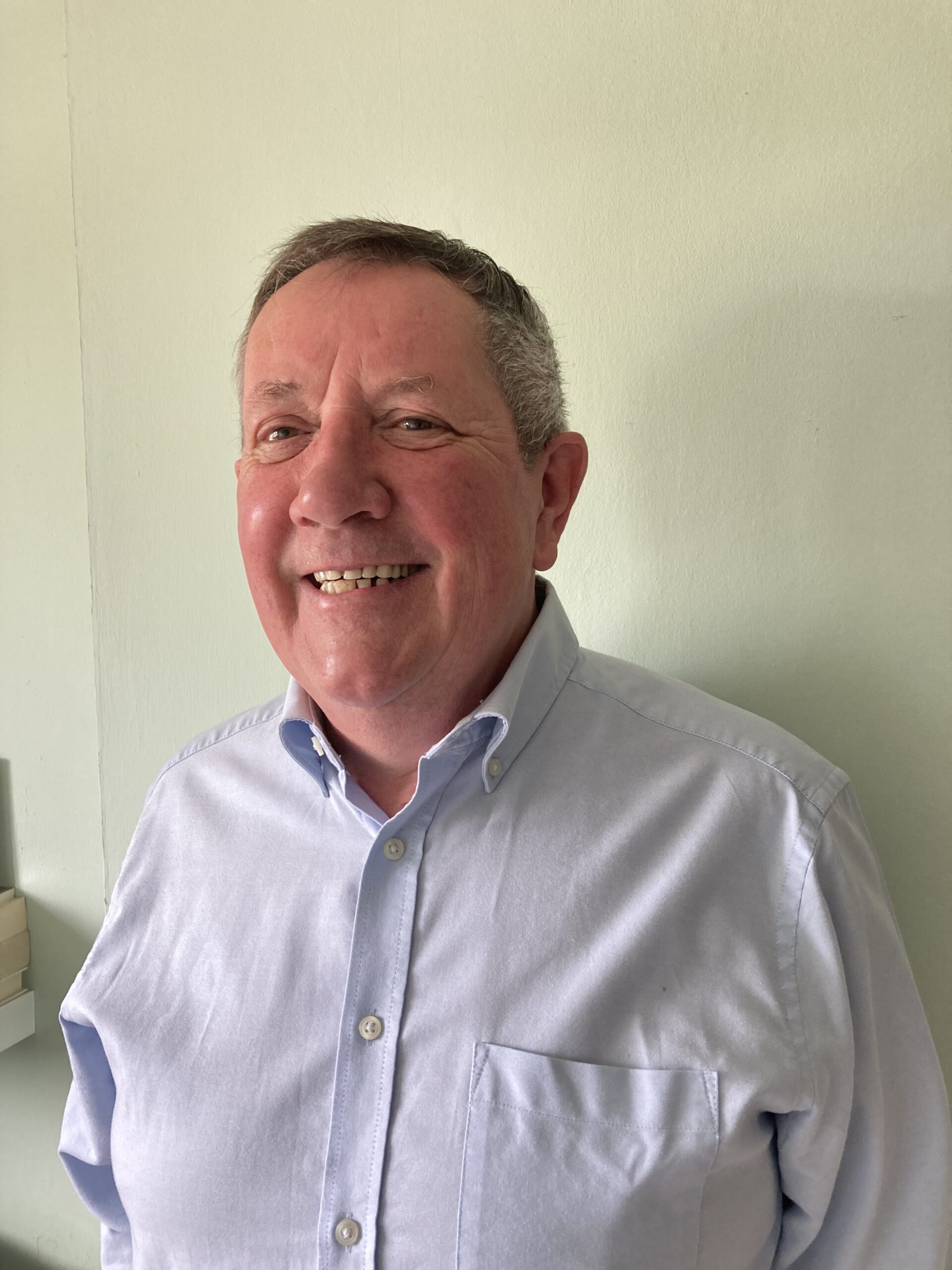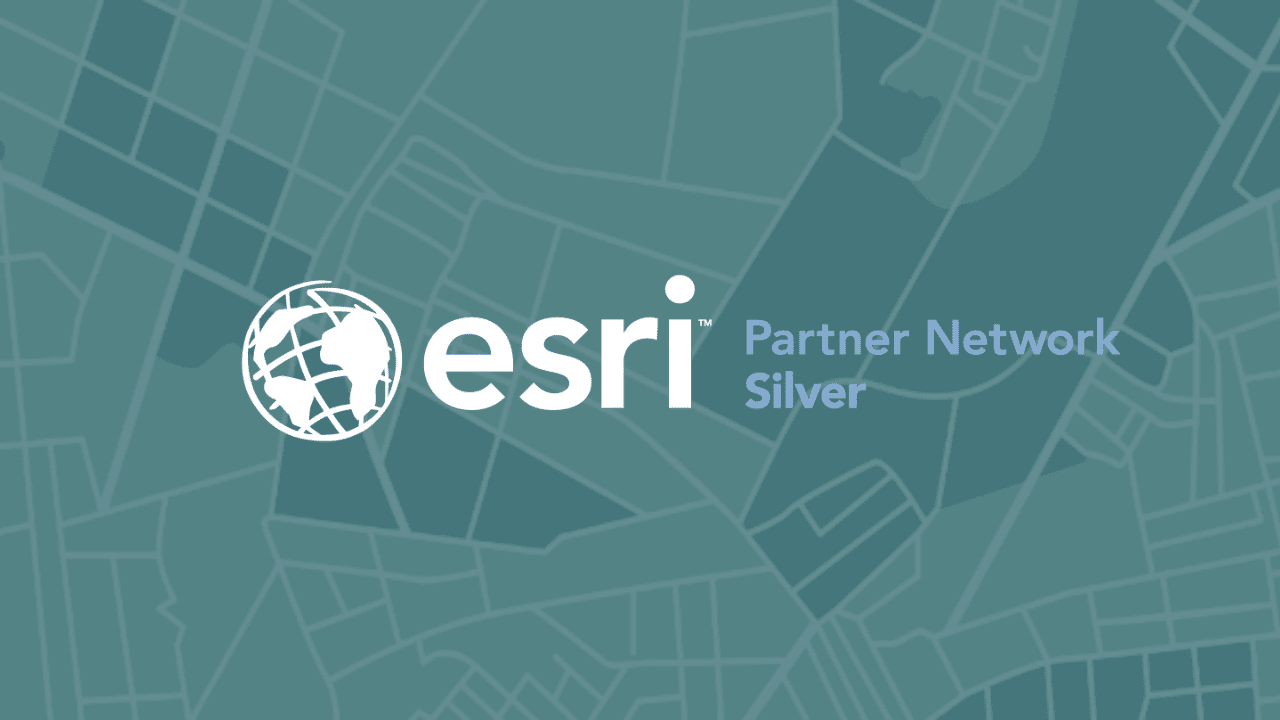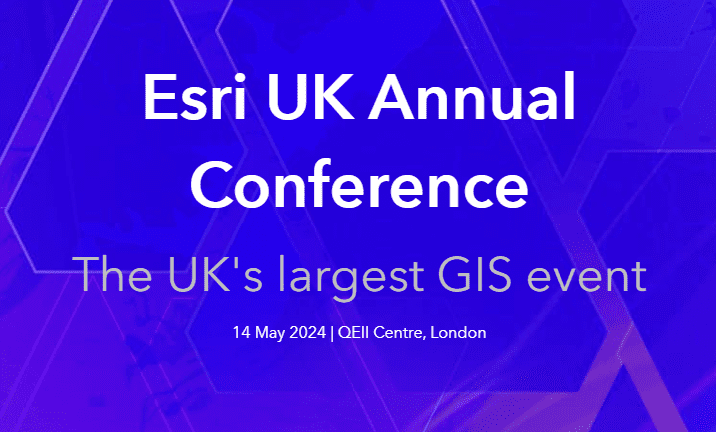All Roads lead to……….the SWAN Conference

As the saying goes, all roads lead to Rome, describing how all paths or activities lead to the centre of things. And that was very true in the middle of May when all roads led to Glasgow for the 13th annual Smart Water Networks (SWAN) conference.
Scottish Water kindly hosted this years event showcasing the best of Glaswegian hospitality and of course, a deep dive into some of our industries greatest challenges and how data, technology and the supply chain can help make a difference.
With delegates and speakers from around the world, including Australia, Canada, US and South Africa, this truly was an international event and demonstrated how we all have similar challenges to overcome, such as climate resilience, sustainability and affordability.

Day 1 opening keynote was provided by Andy Smith, Head of Smart Water at Anglian Water. This formed the theme for the day, asking the delegates to explore the value of Digital Twins and how we can turn utility data into actionable insights and the increasing need for situational awareness. It seemed clear, to me at least, that there was a growing desire within the water sector to see greater collaboration across the supply chain to help the industry meet its goals.

The final presentation of the day was from a major Dutch water company, who highlighted the disparity between FAST data (real time data) and SLOW data (asset data) asserting that measuring asset health was not a typical output of digital twins – yet if combined, this could result in better investment decisions.
Day 2 opened with a Keynote from Rob Mustard, Director of Digital Transformation at Scottish Water.
He expects to see significant growth in AI, Machine Learning and Digital Twins this coming year. With a focus on carbon reduction, resilience and customer service, it was evident that good data was essential and automation tools that can help reduce operator man hours, and reduction in engineering costs, will become more prevalent.
Head of change programmes at Anglian Water, Amanda Bridger, identified how water industry challenges were moving from the complicated to the complex, from linear and predictable to non-linear and fluid and from ‘just in time’ to ‘just in case’. However, Bluefield research presenting their industry report, predicted a £2.2bn spend, on data services, in 45 countries by 2030. It was said more than 80% of this will be by large utilities yet less than 20% of respondents ranked data management as a critical success factor to their business.
The day concluded with a workshop focussed on ‘How does the organisation need to change to enable data driven decisions’. With outputs and a series of problem statements presented back to the room around internal structures, there was strong agreement that a clear management vision was essential, if an organisation is to fully embrace digital transformation.
It’s good to see how MGISS solutions based on our Location to Insight model support this important work with many water companies benefitting from our High Accuracy data capture solutions and management tools.
All in all, a thrilling and enlightening few days and one that the team at MGISS enjoyed contributing to. Lots of work to do before the SWAN conference re-appears for the 14th annual event in 2024, where MGISS will be demonstrating the benefits of our Interruption Prevention Alert Service IPAS, in collaboration with the European Space Agency. Maybe we’ll see you there?
For more information on MGISS visit Transforming Utilities | MGISS
For more information on IPAS visit IPAS • MGISS
View our SWAN forum profile
About
With more than 22 years' experience in the Geospatial world, Martin is proud to be considered a trusted advisor working for many long-standing utility clients. Martin is a passionate advocate for digital transformation and helping customers drive value and insight from location data, to solve some of their most urgent challenges. Martin understands how innovation, technology and collaboration can help clients improve their network management, for regulation, resilience, the environment and their customers.



